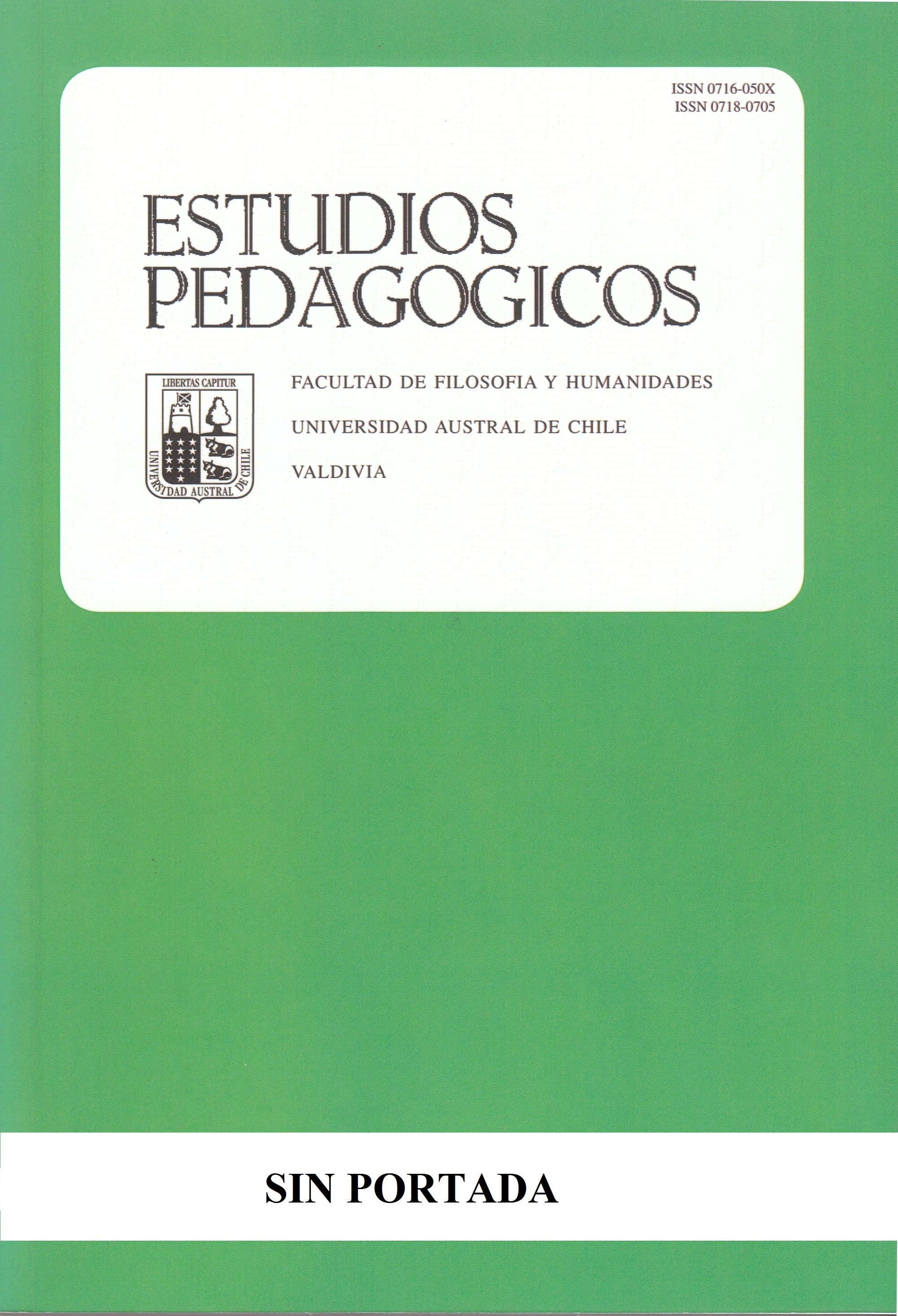Mixe pedagogy: contributions to a (decolonial) philosophy of education proper from the Américas
Main Article Content
Abstract
As part of the ongoing consolidation of decolonial pedagogies, the article presents the substantive characteristics of the mixe pedagogical approach and its contributions to define a philosophy of education proper from the Américas. To do so, we first present a theoretical framework on the basis of decolonial approach as the key to understand the main categories of the article. Secondly, we present a brief contextualization in order to generally point out the educational tradition of the Ayuujk, indigenous people (or Mixe) settled in the mountains of Oaxaca, Mexico, devoted to the project of Intercultural Communal University of Cempoaltépetl where this article is founded. In a third stage, we address the corner stones of the Mixe pedagogy from the communality-situationality-practice link and its articulation with the substantive categories of education (wejën-Kajën). Finally, we conclude by illustrating some conceptual lines that allow us to comprehend this proposal as a Latin-American decolonial pedagogy

